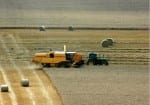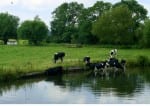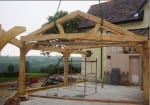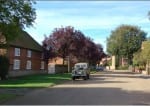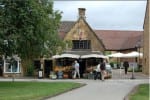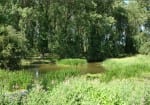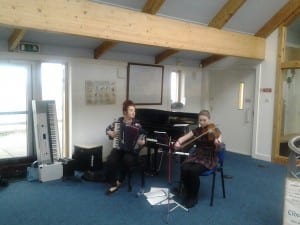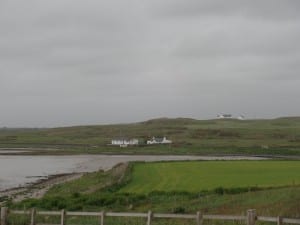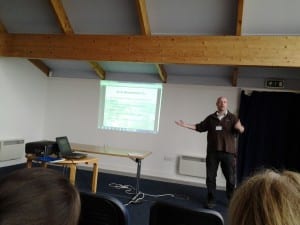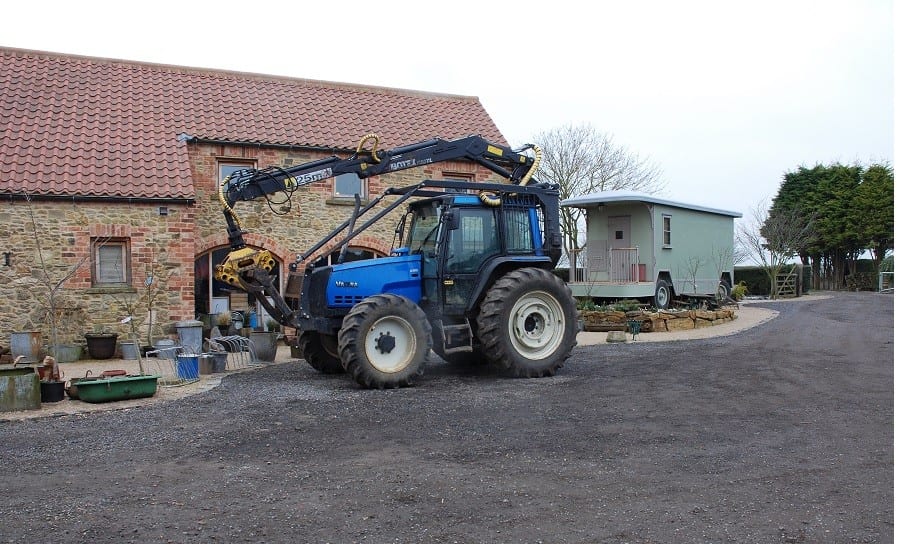Thanks to Saturday’s Geography “offer holders” for taking part in my mini-experiment, attributing certain quotations to different images that might be considered “rural”. With 11 photographs of different rural scenes and 6 quotations, the purpose was to highlight a range of views where “rural” means different things to different people.
Just from the 20 responses last Saturday, although the majority attached the quote “This is what I think of when I hear rural” to images of agriculture (either a combine harvester or some cows), others linked it rural community images or a shop or a church and some attributed to a photograph of a millpond surrounded with wild growing vegetation. Whether “rural” means “farming”, “village communities” or “places that are beyond the immediate reach of human habitation” has major implications for how we should conceive rural development and rural planning policies.
Other findings of note included the idea that “natural” only applied to images that at face value showed no evidence of human involvement (even thought the Friesian cows are an imported breed for agriculture and the Millpond was created as the result of human industry in the past). By contrast no-one considered wind turbines to be “natural” which suggests more efforts are required to convince us that wind power is a natural source of energy!
Tradition was strongly linked to human perspectives of village life with a church, farm barn and village shop featuring strongly. Some also saw agriculture as a traditional component of rurality – all of which asserts that “tradition” arises out of cultural meanings.
The most “isolated” image according to the responses was of the Ribblehead viaduct straddling the Yorkshire countryside. It is interest to reflect that this is part of the national urban infrastructure, linking Carlisle to Leeds and probably offering Wi-Fi access to all the passengers on board the trains!
While this is not a scientific sample and still just a trial run, I think it highlights some interesting pre-conceptions and disparate views about the characteristics of rural England that we should all pause to consider whenever we are making generalised statements about rural issues.
This experiment was first carried out at a book launch event for “Interpreting Rurality; Multidisciplinary perspectives” (edited by Gary Bosworth and Peter Somerville) and a brief resume can be seen here:
https://interpretingrurality.blogs.lincoln.ac.uk/2013/11/12/summary-of-the-big-debate/
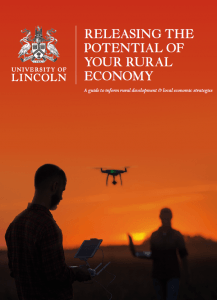 The University of Lincoln Schools of Geography and Business have teamed up with Roger Turner of Rural Enterprise UK to launch a guide for economic policy-makers to ensure that rural areas are properly recognised within new Local Industrial Strategies. A PDF version of the guide can be downloaded here:
The University of Lincoln Schools of Geography and Business have teamed up with Roger Turner of Rural Enterprise UK to launch a guide for economic policy-makers to ensure that rural areas are properly recognised within new Local Industrial Strategies. A PDF version of the guide can be downloaded here:
